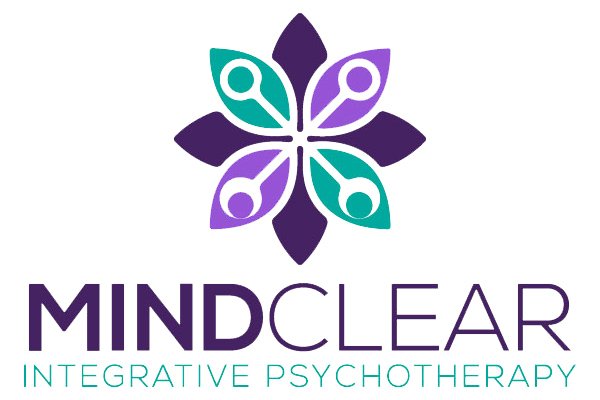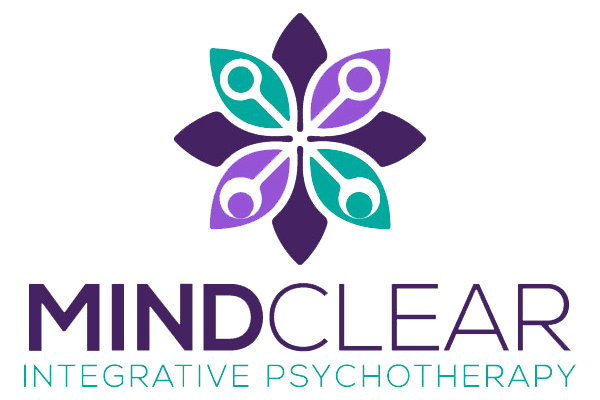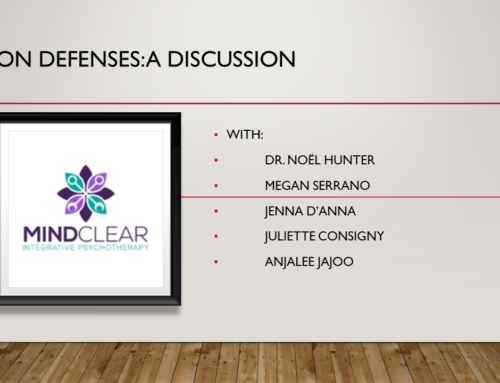The pursuit of happiness is flawed idealism
Why contentment is more sustainable and realistic

Photo by Todd Trapani on Unsplash
Written by Jenna D’Anna
Would you consider yourself happy? How many times have you’ve been asked or asked yourself this very question? Our Western society has put a tremendous amount of pressure on us to believe in the flawed idea that happiness is a destination we need to strive for. Yet, where has this endless pursuit of happiness gotten anyone?
Happiness is subjective to its owner. It is descriptive of a range of emotions. And, like any subjective emotion, it is bound to fluctuate and pass.
The non-permanent emotional state of happiness can depend upon gratification of various needs, whether they be material, financial and/or social. It is an emotion, like sadness or anger, that often is a response to external input or reactions to the outside world. This is why it is so tied in with capitalism – If you’ve ever watched a commercial then you must know that happiness is just one more purchase away.
The pursuit of happiness is inherently linked with the need for more.
For example, you love to travel and find yourself happiest on vacations. But, of course, you can’t always be on vacation. You may find yourself needing to always plan for your next trip just to stay happy in the present. You might even notice that you’re already planning your next trip before one has even ended.
There is nothing wrong with feeling the happiest when traveling. However, too often there needs to be more to continue to fill your happiness cup. As soon as your trip has ended, the happiness begins to diminish, and shortly thereafter you’ll find yourself needing another hit.
These temporary boosts in feeling happy simply are not sustainable.
Since happiness is a passing emotion, a sense of discontent can grow if one is attached to always feeling this way. You might increasingly view the world and everything in it, including yourself, through a “not good enough” lens. This critical veil that starts to cloud your experiences can lead to the opposite of what you were striving for in the first place: discontentment. Or worse, chronic low-grade depression and anxiety.
Discontentment can sometimes look like a straightforward practical attitude. Pessimism as realism kind of thing. What it really is, however, is constant criticism and a lack of satisfaction with what is.
When things aren’t good enough, it can lead to an incessant need for the world and/or yourself to change. Even in moments where there is joy or accomplishment or gratification, it’s not enough. More and more you begin complaining, blaming, ruminating about the bad, and fantasizing about the idealized better.
The more you find yourself pursuing that end state of happiness, the further you get.
So what is contentment?
Contentment is not dependent on external input; it is sourced entirely from within. It’s a baseline state of mind that can lead to increased stability and fulfillment that lasts.
Unlike the passing emotion of happiness, contentment exists even when feeling anxious, sad, or ungratified. Because even though things might not be great in this moment overall, they are good enough.
Contentment is a way of being. In this state, the world is seen through the lens of “good enough.” This means that right here, right now, everything is okay as it is, regardless of what you are experiencing. Building such a state of mind challenges you to create tolerance for imperfection and discomfort. It is a process of acceptance.
Operating within a frame where imperfect conditions are still good enough allows for mistakes, conflict, disappointment, and other “bad” things to happen without the resulting panic and anger that are associated with resistance. When you accept what you can’t control, you begin to find a greater level of sustained satisfaction.
To be clear, this doesn’t mean that you may not have ambition, goals, or dreams. Rather, it’s that you aren’t attached to everything being perfect all the time. It allows you to pursue your goals and dreams while still being satisfied in the present.
Contentment is the peaceful realization that you are whole and complete just as you are. You are good enough even with the anger, sadness, joy, frustration, and excitement that come in and out from time to time.
How do you cultivate contentment?
Start with building a practice of mindfulness. Mindfulness is the cultivation of focused attention to the present moment, without judging your experiences as good or bad. It may not always be a pleasant experience, especially if feeling sad or stressed. However, when you actively bring your consciousness to the present moment and pay attention to the here and now, it helps to calm the body and mind.
How is it that paying attention to your stress or discomfort without judgment can lead to a sensation of calm? Because just like happiness, you realize that unhappy feelings also pass.
There are few guarantees in life, but one is that whatever you’re feeling right now will change. Emotions are like waves on the ocean. They come and they go. Emotions have a lifespan. They are triggered, rise and taper away and then are replaced by a new one.
As you practice being mindful, begin to notice how you feel while practicing. How is your body feeling? Is your mind starting to slow down? Are your thoughts less active? Do you feel more calm and resourced? If the answer is yes, that’s contentment being activated. Noticing these subtle shifts can help you cultivate more awareness towards how contentment feels for you.
If the answer is no, that’s also ok! That’s why it’s called a practice. Just like going to the gym, you need to keep practicing in order to get more skilled.
All emotions exist to guide you and provide valuable information about the world and your experiences. If you can allow all feelings to come and go, without forcing them to change, you can start to radically appreciate all of life experiences. Ironically, to experience the feeling of happiness, you must also know sadness.
To learn more in depth on how to feel your feelings, check out (https://mindclearpsychotherapy.com/triggers-panic/)
Since happiness is a temporary emotional state, creating a state of contentment is a more sustainable way for you to find satisfaction in the everyday – even when the day isn’t so great. Because, really, when it comes down to it, no matter your mistakes or goals or imperfections – YOU ARE GOOD ENOUGH.









